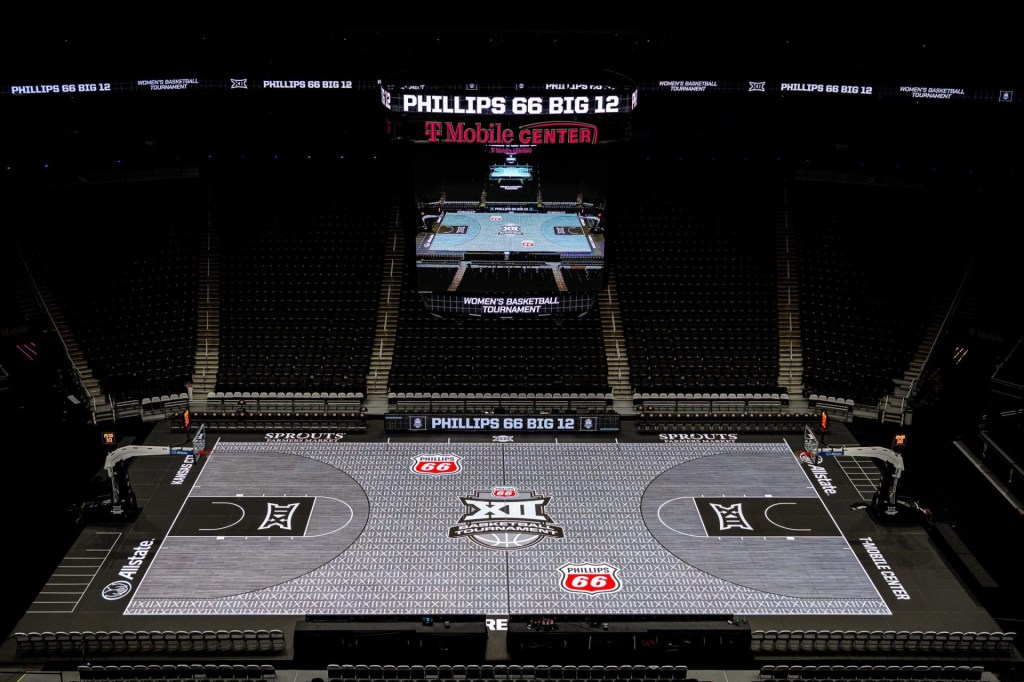Even with the men’s Final Four about to tip off Saturday, the focus of the national college basketball world turned, again, to the women’s tournament.
The news: Friday’s women’s Final Four matchup between UConn and Iowa was the most-watched women’s college basketball game in history, ESPN announced. The thrilling Iowa win, featuring stars Caitlin Clark and Paige Bueckers, averaged 14.2 million viewers. The game, which ended with a controversial foul call against UConn that took over the online conversation Friday night, peaked at 17 million.
The list of records the game broke is seemingly endless. It is now the most-watched basketball game on ESPN’s platforms at any level—men’s or women’s, pro or collegiate. It is, by most accounts, the most-watched women’s game at any level, on any network, in at least three decades. This collegiate season, across all networks, it beat out every single regular-season college football game except one. And it now stands as ESPN’s second-most-watched non-football telecast ever, behind only a U.S.-Portugal matchup at the 2014 World Cup.
The semifinals, in total, averaged 10.8 million viewers, a 138% increase compared with last year—and another record. (South Carolina-NC State notched an average of 7.1 million.)
None of this is a surprise, given the seemingly unstoppable momentum of the women’s tournament. The previous women’s college basketball viewership record was set just four days earlier, when Iowa took on LSU in the Elite Eight. That game drew an average of 12.3 million viewers. (Last year’s Iowa-LSU championship game drew an average 9.9 million.)
Multiple experts have predicted that this year’s women’s Final Four could rival or even top recent men’s Final Four viewing numbers. If the momentum continues, that could prove right: Last year’s men’s championship between UConn and SDSU, for example, averaged 14.6 million viewers.
The success of the women’s tournament has come despite decades of inequities perpetuated mostly by the NCAA, but also by broadcast partners, which have held the event back. Some of those inequities, including a lopsided corporate partner program and a lack of women’s prize-money distribution system, continue today.
The NCAA and ESPN just inked an eight-year, $920 million extension on a media contract that covers 40 championships and that values women’s March Madness at $65 million per year. The new contract will commence in September.
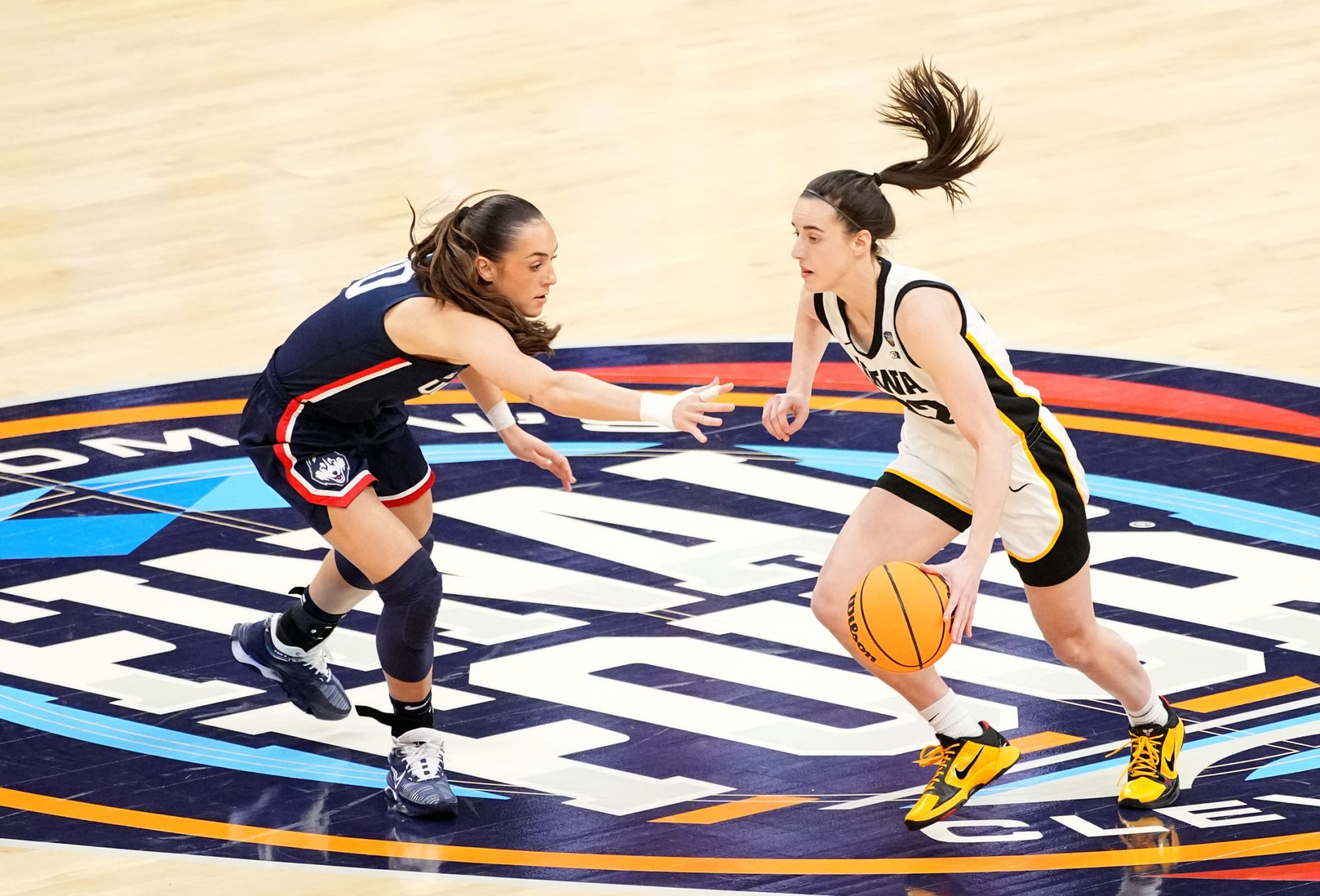
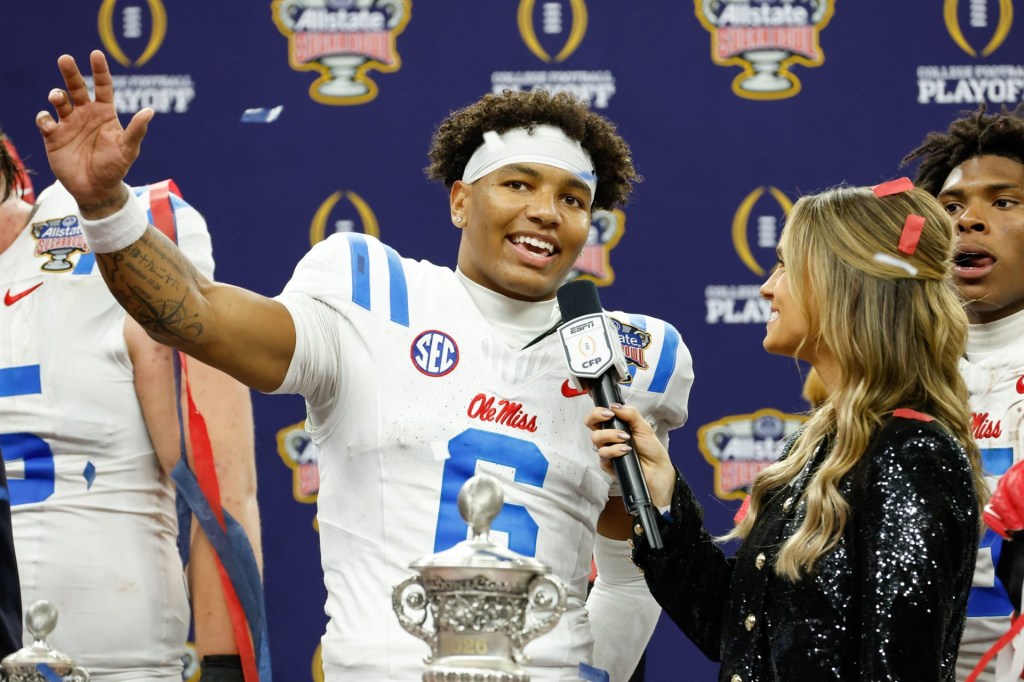
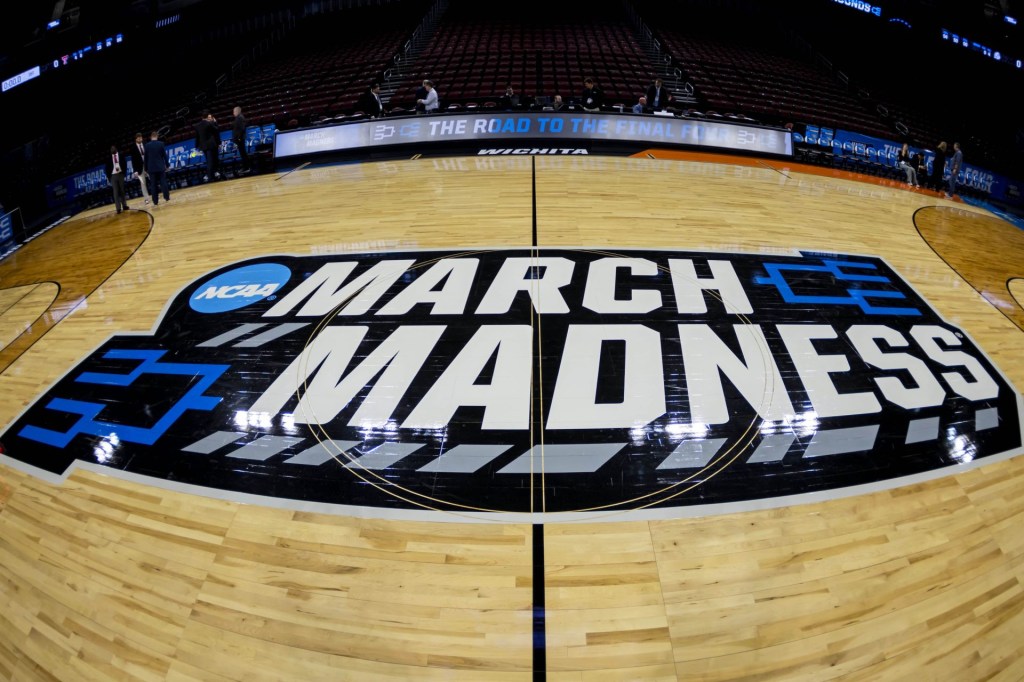
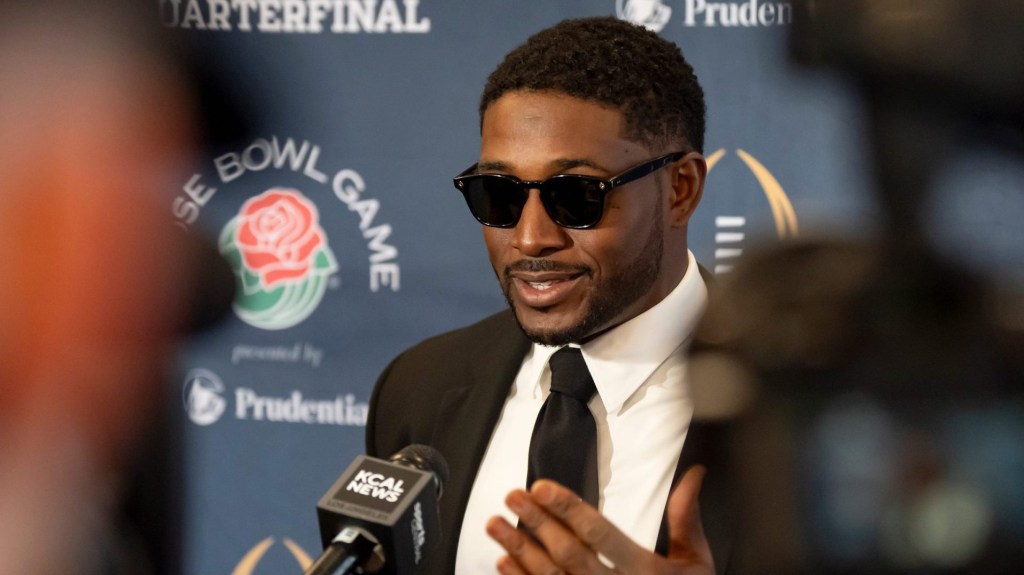
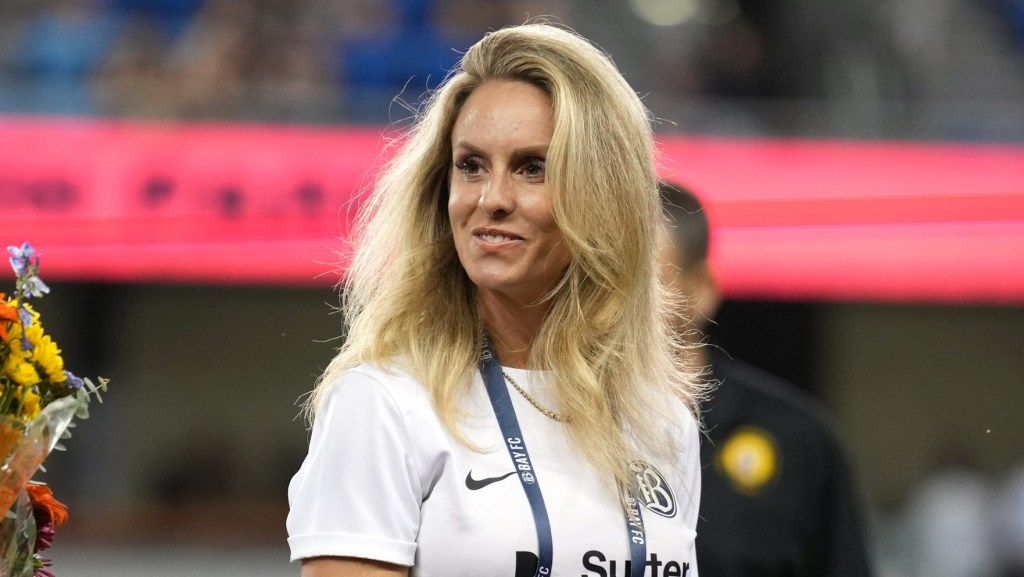



![[Subscription Customers Only] Jun 15, 2025; Seattle, Washington, USA; Botafogo owner John Textor inside the stadium before the match during a group stage match of the 2025 FIFA Club World Cup at Lumen Field.](https://frontofficesports.com/wp-content/uploads/2026/02/USATSI_26465842_168416386_lowres-scaled.jpg?quality=100&w=1024)
